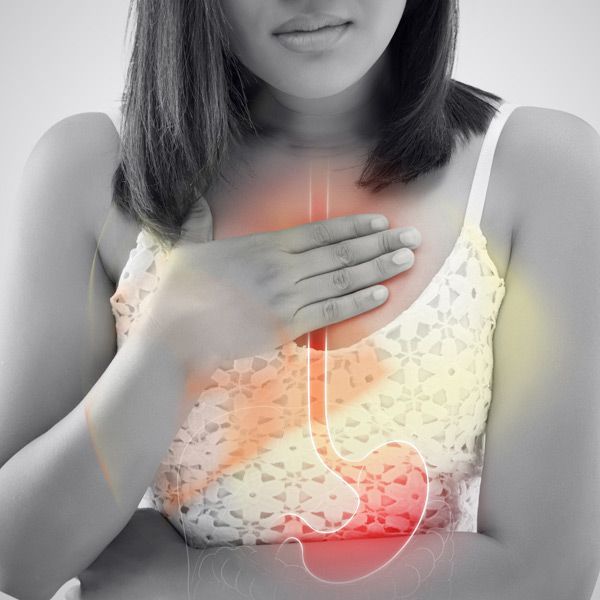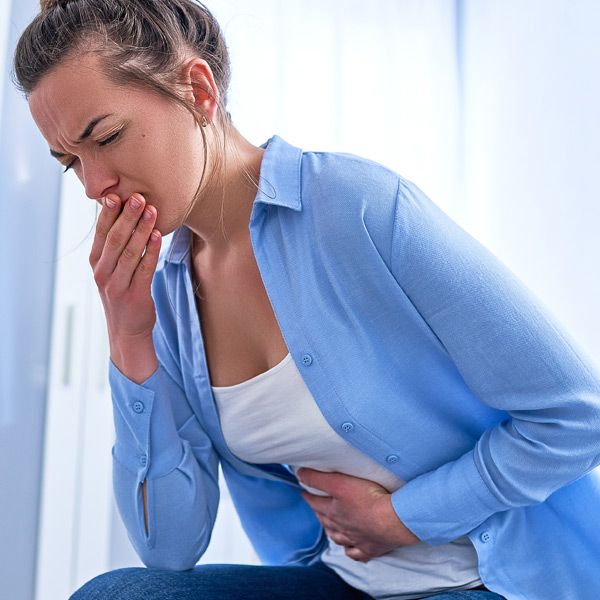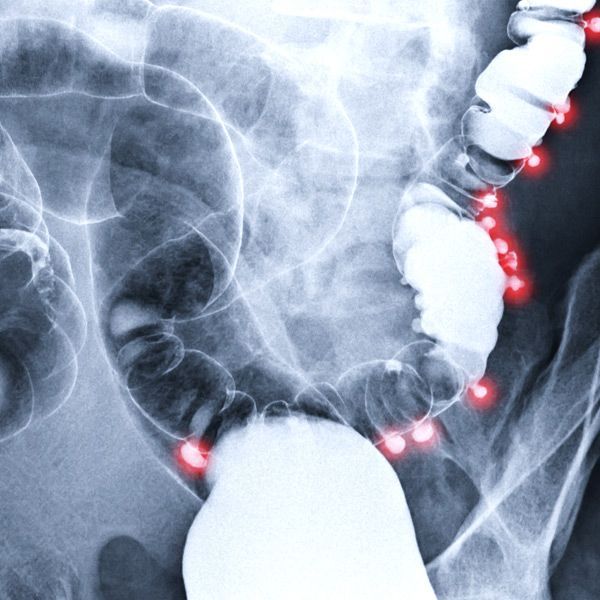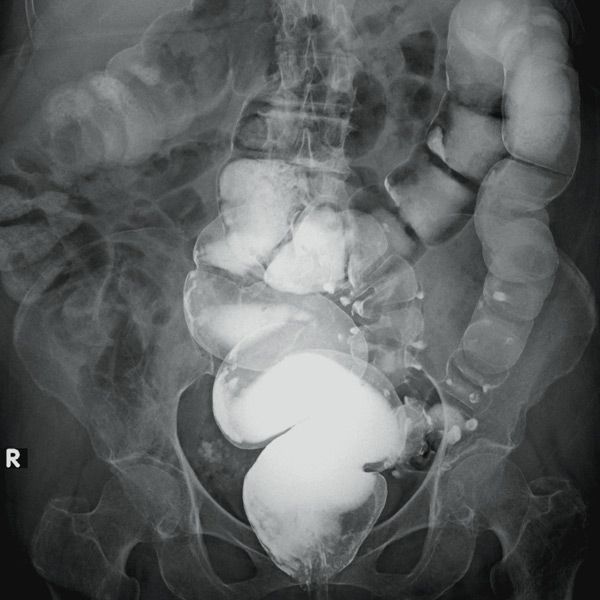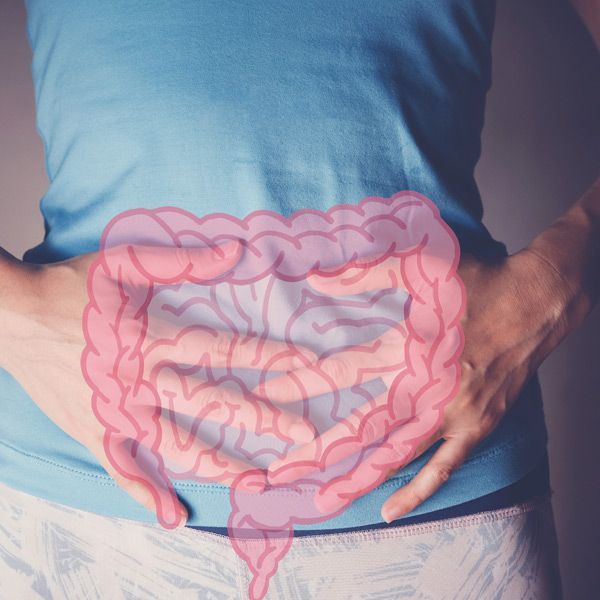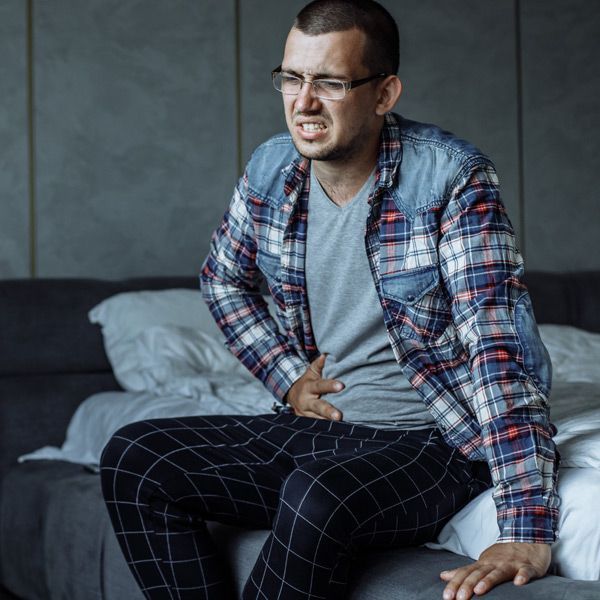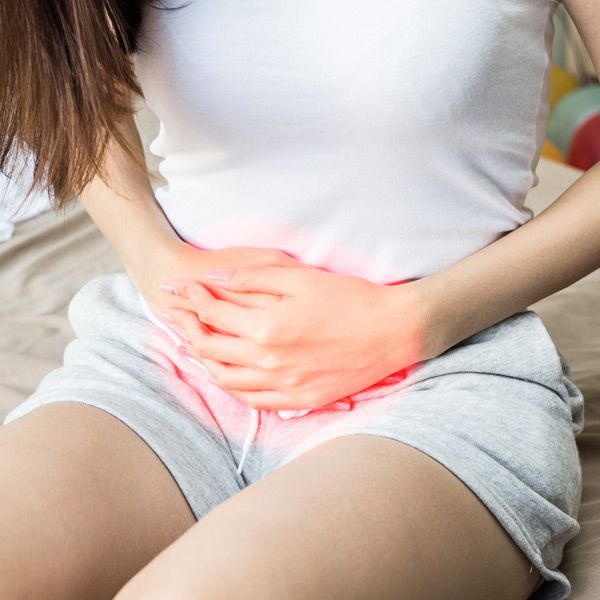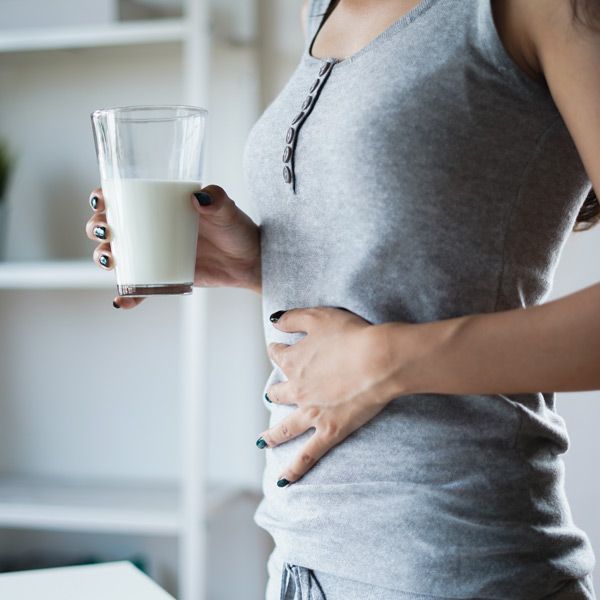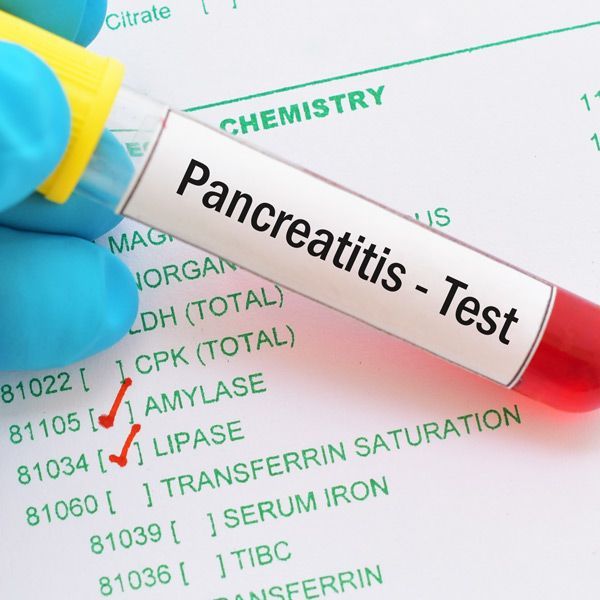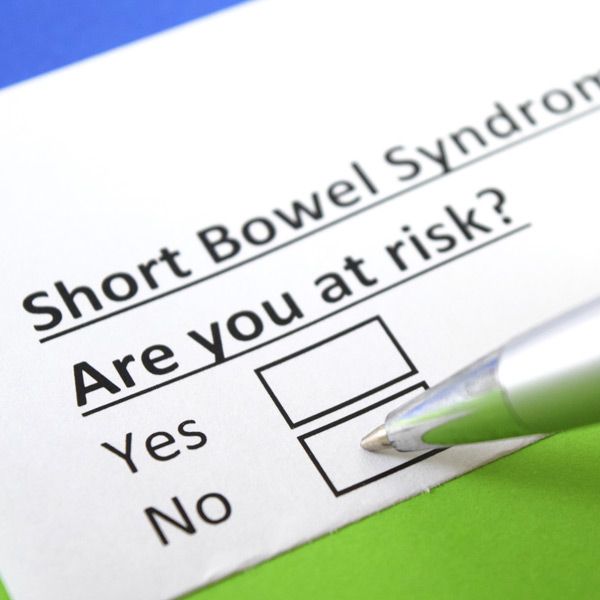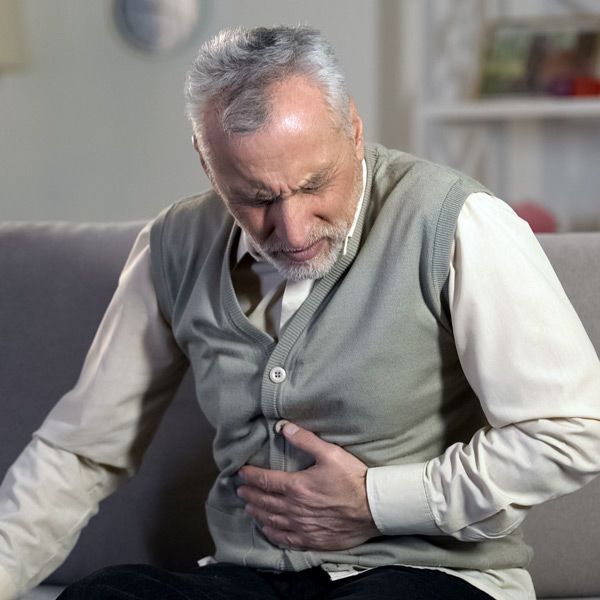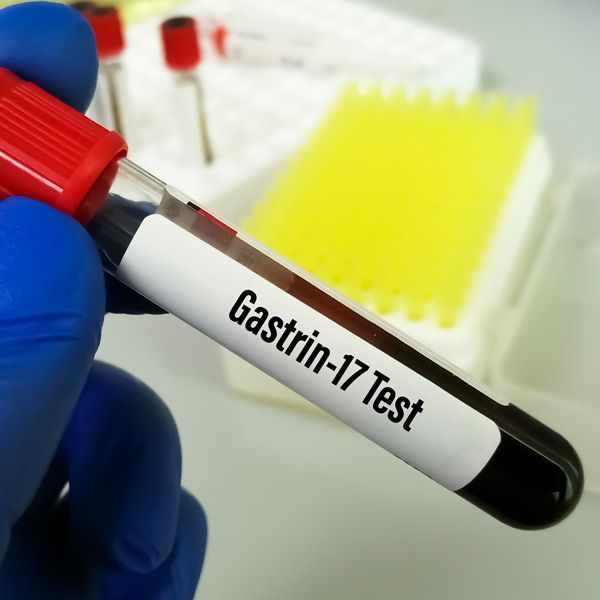Digestive Disorder Therapy NYC - Dr. Alicia Armitstead
"A high percentage of severe or chronic digestive disorders are symptoms of an immune system that is out of balance. Muscle testing provides me insight into why your body is reacting and how to create a healing plan that restores these imbalances with natural remedies. In this way, we are treating the cause of the problem, not the symptoms."
-Dr. Alicia Armitstead
Natural Remedies for Digestive Disorders at the Healing Arts NYC Health and Wellness Center in Manhattan NY 10017 and Connecticut
Digestive disorders are conditions that affect the digestive tract and its function. They can cause a range of symptoms, including abdominal pain, bloating, constipation, diarrhea, heartburn, and nausea. The relationship between the immune system and digestive disorders is complex and largely dependent on the specific disorder in question. A disruption of the immune system often leads to the development of a digestive disorder or an existing digestive disorder can result in an overactive or disordered immune response. Proper diagnosis and personalized natural remedies for your digestive disorders is essential in maintaining a healthy balance of the immune system.
Acid Reflux
Acid reflux is when stomach acid flows up from the stomach into the esophagus. Repeated exposure to stomach acid can irritate and damage the lining of the esophagus. The problem causes occasional discomfort for most people but can become a severe health concern for those who experience chronic acid reflux.
Symptoms of acid reflux include a bad taste in the mouth, burning and pain in the chest, and pain in the upper abdomen. Acid reflux can start after eating or begin at night while lying down. Other symptoms may include a cough, asthma symptoms, and difficulty swallowing.
Barrett's Esophagus
Untreated acid reflux may cause Barrett's Esophagus. The repeated damage to the lining of the esophagus from stomach acid can cause the body to change the lining cells into those found in the stomach. Most people with the condition will not experience symptoms other than the discomfort of acid reflux.
The concern with the change in the cells lining the esophagus is that it increases the risk of esophageal cancer. Changes that control acid reflux help to prevent Barrett's Esophagus.
Bowel Control Problems (Fecal Incontinence)
The loss of bowel control, with or without an awareness of the event, is fecal incontinence. Many health concerns can cause this problem. Certain diseases may contribute to the condition, such as IBS or UC. Incontinence may also develop following trauma like an accident or giving birth.
Nervous system problems and chronic constipation or diarrhea may also cause a loss of bowel control.
Crohn's Disease
An inflammatory bowel disease, Crohn's causes severe digestive complications that make maintaining a healthy weight and staying nourished difficult. People with Crohn's disease experience bloating and discomfort because of inflammation in their digestive tract. They can experience chronic bouts of diarrhea, constipation, or both. Many will feel extreme fatigue and have scarring in the intestine.
Removal of damaged areas of the intestine and an increased risk of cancer in the bowels are possible with uncontrolled Crohn's. Natural remedies that reduce inflammation and boost immune system health may help keep the disease under control for more comfort and to avoid damage to the intestine.
Celiac Disease
Celiac disease is an autoimmune disease that causes an allergy to gluten. When consumed, the body reacts and causes inflammation and scarring in the digestive tract. People with the condition will feel pain and bloating and have bowel irregularity. Malnutrition and damage to the pancreas and liver can occur if left untreated. People with uncontrolled celiac disease also have a higher risk of developing certain cancers.
Avoiding all sources of gluten and ensuring the body receives adequate nutrients is vital for people with the condition. Nutrition Response Testing can enable people to determine their response to gluten to determine if the problem is gluten intolerance or gluten sensitivity. Diagnosing the ailment ensures a more accurate care plan.
Constipation
Constipation is when an individual does not have an adequate number or volume of bowel movements that are appropriate for them. Dehydration, an improper diet, stress, and many other factors can cause constipation. Occasional constipation can happen to anyone and is not a severe health crisis.
However, chronic cases of the condition need treatment. People with chronic constipation will have abdominal discomfort and bloating. They also risk developing a fecal impaction that requires medical assistance to remove. Other concerns are hemorrhoids and developing bowel incontinence. Applied Kinesiology also works well for many people with digestive disorders like constipation.
Cyclic Vomiting Syndrome
Cyclic Vomiting Syndrome (CVS) most often affects children and adolescents who will outgrow the condition by adulthood. However, some adults may develop the disease after childhood or not outgrow the syndrome after contracting it as a child. CVS is when someone repeatedly vomits for several hours or a few days.
Vomiting often occurs when there is no apparent illness or cause. Weeks or months can pass without any vomiting and no digestive complaints. Most patients with CVS have specific triggers that start the cycle, and people need to identify them to control the condition. Triggers can include overeating, stress, poor sleep, and an illness or infection. Muscle Testing can provide insight on how to heal this ailment with natural remedies.
Diarrhea
Diarrhea is loose, watery stools and excessive bowel movements. People with the condition can have abdominal bloating, pain, and cramps. Short bouts of diarrhea are uncomfortable but do not pose many health risks. Repeated experiences of diarrhea or chronic diarrhea could cause malnutrition, dehydration, and fatigue.
Contaminated water and food, poor hygiene, food allergies, reactions to medication, and many other causes exist that can cause diarrhea. People with the condition may need to change their diet and use hand sanitizers for protection against germs.
Diverticulitis
The diverticula are sacs that form on the wall of the large intestine closest to the rectum. Diverticulitis is an inflammatory condition that develops when one of the sacs becomes perforated. The perforation can develop into an abscess and cause inflammation and infection in the peritoneum. Peritonitis can become a severe health risk if it spreads throughout the abdomen.
People may not feel any symptoms unless their condition becomes severe. Pain, rectal bleeding, and colonic stricture that prevents people from having a bowel movement are possible with diverticulitis. People should use methods that prevent the disease or do not worsen an existing case of diverticulitis. Achieving this can involve boosting the immune system and improving overall digestive health.
Diverticulosis
Diverticulosis occurs when diverticula are present, but there have been no complications from the development of the sacs. Changes to the diet and focusing on a healthier lifestyle can help keep the condition under control and reduce the risk of diverticulitis. Some experts believe the development of diverticula occurs when people do not consume enough fiber. In addition, supplementation and alternative remedies can build a more effective immune system, improve digestive health, and control inflammation.
Dumping Syndrome
Rapid gastric emptying, or dumping syndrome, happens when the food moves from the stomach and through the remainder of the digestive system too quickly. The problem can begin within 30 minutes after eating. It can cause bloating, nausea, abdominal pain and cramps, stomach noises, and diarrhea.
People may feel fatigued, lightheaded, and have a headache when late dumping syndrome occurs, 1-3 hours after eating. Excess hormones in the body may cause an overproduction of insulin that causes the condition. Applied kinesiology allergy testing can help people determine if food allergies have caused or contributed to the problem.
Gastritis
Gastritis is an inflammation of the stomach lining. It is a reaction that can occur with many digestive disorders. It can cause stomach pain and burning, nausea, vomiting, and a feeling of fullness in the upper abdomen. Gastritis can increase the risk of stomach cancer, but with a healthy diet and balanced digestive system, most people can control the condition and not experience any long-term effects. Dr. Alicia Armitstead can assist those who need help ending their bouts of gastritis by determining the cause and offering personalized natural remedies.
GERD
GERD (Gastroesophageal Reflux Disease) occurs when someone chronically experiences acid reflux. Control over GERD is necessary for personal comfort and to protect the lining of the esophagus and the respiratory tract. Difficulty swallowing, a burning sensation in the chest, and pain in the chest that radiates to the back are symptoms of GERD.
After a muscle testing diagnostic evaluation, patients may need to change their diet, avoid trigger foods, and look for herbal remedies. Lifestyle changes like quitting smoking, losing weight, and staying active may help.
Indigestion (Dyspepsia)
Occasional heartburn, gas, and abdominal discomfort after eating are known as indigestion. Unlike GERD or other digestive disorders, dyspepsia is the reaction of heartburn and is not a chronic condition. The bloating and discomfort should last only a few hours and occur occasionally. It is not dyspepsia if it happens after every meal. It is common for people to experience indigestion after a fatty meal, if eating too quickly, or when consuming food in a moving vehicle. Medications, alcohol, overeating, and eating late in the day may also cause indigestion.
Inflammatory Bowel Disease (IBD)
Inflammatory Bowel Disease (IBD) is a group of chronic disorders that affect the gastrointestinal tract and cause inflammation in the digestive system. IBD includes diseases such as Crohn’s disease and Ulcerative colitis. Symptoms include abdominal pain, diarrhea and weight loss.
Dr. Alicia Armitstead will use noninvasive testing to find the exact causes of your symptoms and develop a healing plan with natural remedies, which will vary depending on the type of IBD and can include supplementation and diet changes.
Intestinal Pseudo-obstruction
Intestinal Pseudo-obstruction is a disorder affecting the digestive tract which results in symptoms of obstruction even though no true blockage exists. Symptoms of intestinal pseudo-obstruction can include abdominal pain, constipation, and bloating.
Dr. Armitstead has been successful in helping patients avoid surgery with natural remedies including dietary modifications and supplementation to correct chemical imbalances.
Irritable Bowel Syndrome (IBS)
Abdominal cramping, irregular bowels, gas, and bloating are symptoms of Irritable Bowel Syndrome (IBS). The condition affects about 10-15 percent of American adults. It may begin after an infection or after a period of prolonged stress. People with IBS may also have an undiagnosed food intolerance. Allergy testing can help find foods that cause a reaction or rule out allergies as the trigger.
In addition, stress management techniques can help. Diet changes and better sleep routines may also help. Although it matches Crohn's disease in the symptoms it causes, IBS does not cause damage to the intestines or put people more at risk of cancer.
Lactose Intolerance
Lactose intolerance is an inability to digest lactose because the body does not produce enough lactase enzymes. Some people may experience a temporary intolerance to lactose following an infection. People who consume dairy products when lactose intolerant experience gas, bloating, abdominal discomfort, and diarrhea.
To prevent the side effects, people must avoid any food and drink that contains lactose. The biggest concern with lactose intolerance is to ensure the individual consumes enough calcium. Professional muscle testing is the only way to determine if an individual has lactose intolerance.
Pancreatitis
Pancreatitis can develop as an acute or chronic condition. It causes severe upper abdominal pain and diarrhea and increases blood sugar. People with the illness may also feel nauseated, vomit, and have a fever. Chronic pancreatitis prevents the body from breaking down food properly. It causes fat to pass undigested and may cause unintended weight loss and malnutrition.
In addition, chronic pancreatitis increases pancreatic cancer risk. Controlling the condition through diet and healthy habits can slow its progression. It is necessary to adequately treat acute cases and make changes before it becomes chronic.
Peptic Ulcers (Stomach Ulcers)
Stomach acids can cause damage to the mucus layer in the digestive tract. Over time the damage causes open sores in the upper small intestines. The sores may cause a burning sensation or general discomfort and internal bleeding. Peptic ulcers can be either gastric or duodenal ulcers depending on where they are in the intestine.
Symptoms include bloating, gas, poor appetite, vomiting, blood in the stool, and unintentional weight loss. Dietary changes, strengthening the immune system to avoid infections, and not smoking or consuming alcohol can help prevent ulcer development or encourage the healing of existing ulcers.
Proctitis
Proctitis is an inflammatory bowel disease that can cause diarrhea or constipation, bloody or mucus in the stools, and a consistent urge to have a bowel movement despite having empty bowels. People with the condition may also experience pain in their left abdominal region and in the anus or rectum.
Ulcerative colitis and Crohn's disease increase the risk of developing proctitis. Controlling the diet, reducing stress, and strengthening the digestive system can help people with this condition.
Short Bowel Syndrome
SBS causes the sufferer to struggle to receive the fluids and nutrients they need because their shortened intestine causes anything consumed to pass through too quickly. The condition happens after the surgical removal of part of the bowel due to diseases like Crohn's or cancer.
People can also have a congenital disability where the small intestine is abnormally short. People with SBS experience bloating, cramps, gas, heartburn, food sensitivities, anemia, osteoporosis and bone pain, foul-smelling stools, and diarrhea. Options include a strict diet, supplementation, and therapies like acupuncture and massage that help reduce pain.
Ulcerative Colitis
Ulcerative colitis (UC) is another inflammatory disease. It affects the colon (large intestine) and can cause ulcers in the colon that may become infected and cause abdominal pain. People with UC often have frequent bowel movements and difficulty controlling their bowels. Researchers believe the disease begins after an infection, viral or bacterial, that causes an abnormal immune system response.
The response causes chronic inflammation that remains after the initial illness goes away. People with UC must take their diet and the health of their immune system seriously to reduce inflammation in their digestive tract and avoid making the condition more severe. Stress reduction techniques can improve gut health and potentially help relieve pain.
Zollinger-Ellison Syndrome
The development of a small tumor in the pancreas or small intestine called a Gastrinoma causes the body to create elevated levels of a hormone called gastrin. Gastrin causes an overproduction of stomach acid that can cause chronic stomach ulcers. People with the condition will have pain and diarrhea and may vomit blood. Malignant tumors can spread to the lymph nodes or liver.
Male patients may also develop pituitary and parathyroid tumors. Suppressing acid production through diet or other means can prevent ulcers and control the discomfort caused by them. Surgical removal of the tumors is often necessary. People with the condition should switch to an anti-inflammatory diet and supplementation. Applied Kinesiology may also offer options for care and recovery.

Contact Dr. Alicia Armitstead of Healing Arts NYC To Schule An Appointment To Address Your Digestive Disorders
As mentioned, a high percentage of severe or chronic digestive disorders are symptoms of an immune system that is out of balance. Muscle testing provides me insight into why your body is reacting and how to create a healing plan that restores these imbalances with natural remedies. In this way, we are treating the cause of the problem, not the symptoms.
Please contact us today!
Additional References
- Digestive Diseases - National Institute of Diabetes and Digestive and Kidney Diseases
- Digestive Disorders - USDA Nutrition



